Washington, D.C.
Washington, D.C. offers a rare real-world laboratory: two public school systems of roughly equal size, occupying the same geography, with different governance models. After a contentious first decade, a remarkable amount of collaboration has emerged between these two sectors. But ultimately, they are in direct competition. And the results of this competition have profound implications for the future of public education.
Photos by Markus Zeffler & Greg Kendall-Ball
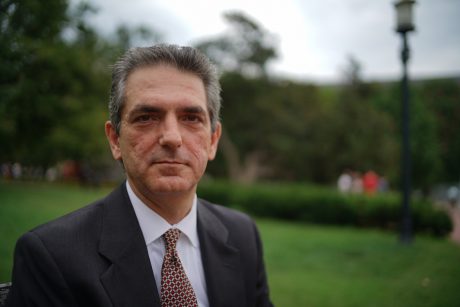
Ted Rebarber
CEO, AccountabilityWorks Washington, D.C.
One of Congressman Gunderson's insights about this whole process, which I think also set it apart, was the interest in reaching out to the community in D.C., and to the education reform community outside of D.C., but also within D.C. The congressman started to have scheduled meetings with education leaders like Al Shanker, but also with Delegate Holmes Norton, and with the D.C. school board. We met later with members of D.C. council’s Education Committee with Mayor Marion Barry at the time — with everyone. With church leaders, with ministers, with business leaders, with a wide range of people, and that broad involvement, I would say, was just as important as theories about education reform because you can have any theories you want, but unless you get a certain level of community buy-in, and the community feels you're doing something — at least important, critical parts — you’re doing something to help them and with them rather than to them.
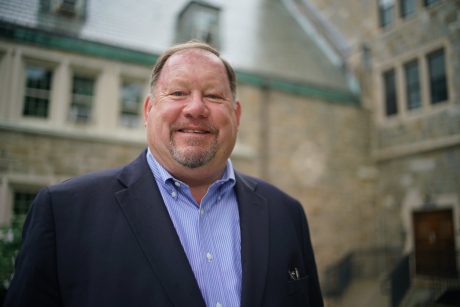
Jack McCarthy
President & CEO, AppleTree Institute for Education Innovation Washington, D.C.
I think the thing that has made D.C. such a positive place for charter schools is that the law was created at a time when the need was great. It allowed people to come in with entrepreneurial ideas, and it gave everyone the space to create things that were new and different, like in our case developing an early childhood school, without all of the constraints — all the regulatory constraints — that sometimes prevent you from doing logical things and bringing them to scale.
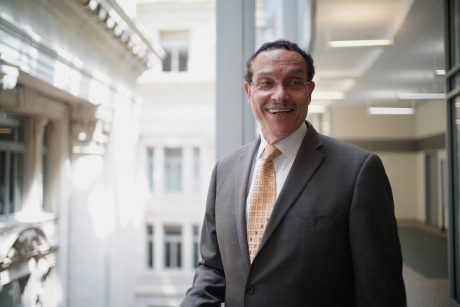
Vincent Gray
D.C. Council Member representing Ward Seven & Former Mayor of Washington, D.C. Washington, D.C.
I'm a huge supporter of charters. I think it creates a competitive environment. It creates flexibility for the educators themselves in ways that they don't characteristically have—certainly a number of years ago they didn't characteristically have in the traditional public education system. Look at the sheer numbers. Again, we've gone from, back in 1996 virtually no charter schools, then in the last 10 years the numbers have grown exponentially in the charter system. The charters now serve about 44 or 45 percent of children in public education in the District of Columbia. Some of that is because parents have chosen never to send their children to traditional public education or they move them from traditional public education to a charter school because they felt like they would have a better chance of having a quality education. Frankly, I think a lot of parents feel that their children are safer. They look at charter schools as almost like private schools and feel that their children will be safer there.
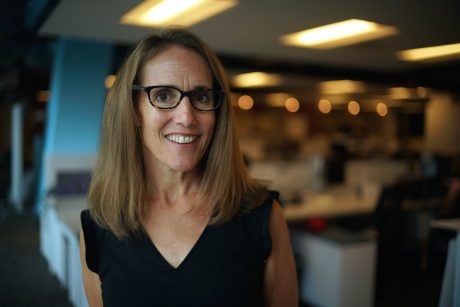
Carrie Irvin
Co-Founder & CEO, Charter Board Partners Washington, D.C.
I always say good governance is the HVAC of school reform. You don't see it when the building's done, but if it doesn't work, it's very uncomfortable and actually eventually threatens the whole project. Boards need to be strong, diverse, effective, and committed to results at all costs. Boards need to be strong, diverse, committed, focused on equity and quality and willing to do what it takes to hold that school accountable for providing the education that every single child in every single classroom in that school deserves. Governance is not the sexiest or most exciting part of education reform, but without it, we risk creating a bunch of shooting stars.
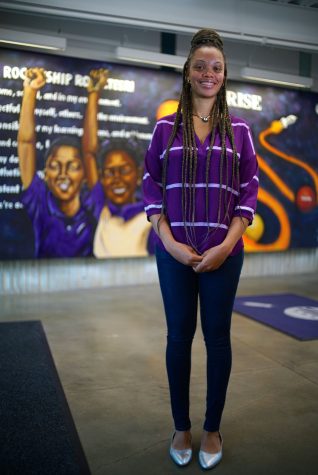
Shavon Collier
Parent of 3rd grader, Rocketship Public Schools—Rise Academy Washington, D.C.
While my child has been at Rocketship, I will say she has grown six levels up compared to where she was. She loves to come to school. She loves being here. Before, she didn't like coming to school. They reward your child on good behavior, good academics, and things of that nature. When I say reward, they just notice them. Children like that. They look forward to receiving an incentive. Not even an incentive, just acknowledgement of doing good in school. She went above and beyond and I saw that she tried her best at doing what she was supposed to do in school versus when she was in other schools. She tries much harder. She just loves, loves, loves learning now.
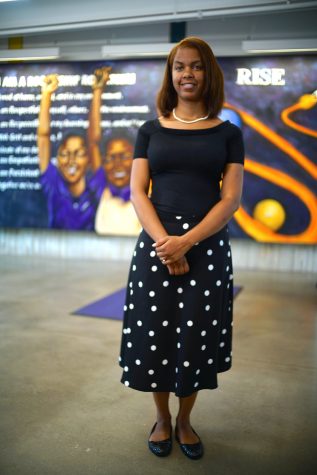
Erika Harrell
Parent of 3rd grader, Rocketship Public Schools—Rise Academy Washington, D.C.
I like to be included in my child's learning process. I like to know what's going on with them so that I can be supportive at home, and to me, the charter model just has been the most beneficial. Aside from cutting down on the bureaucracy, I feel like teachers have more freedom to connect with parents without so much red tape. Having choice really feels like I have the stronger freedom to determine and act on the kind of parent I want to be. I think of myself as a teacher first when it comes to my kids. Learning doesn't just happen in the classroom, and I believe that teachers and parents and schools should have a strong partnership. For me, it's about finding the best partner for my kids so that they can be the best that they can be.
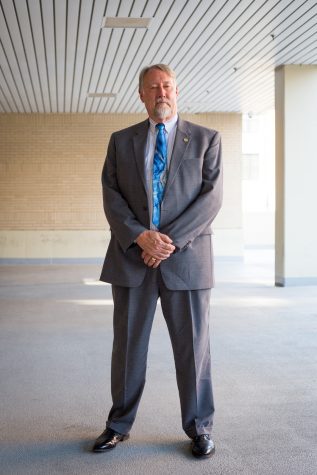
Tom Nida
Board Chair, Charter Schools Development Corporation Washington, D.C.
As this was going on and the meeting was about to spin out of control, I just simply said, "Enough already." I stood up, basically slapped my hand on the desk, walked out into the audience right in front of the mic where the angry folks were and I said, "If you want to continue this, you're going to continue this part of it outside. This meeting is going to be maintained under control for the benefit of the kids involved with the school."
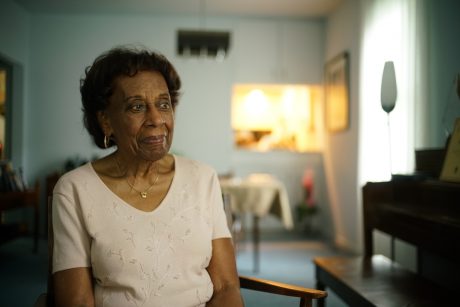
Josephine Baker
Former Chair & Executive Director, D.C. Public Charter School Board Washington, D.C.
The main thing was that we wanted to serve children well. There was no point in opening schools that were not going to do that. We had already had enough of that. Not that DCPS wasn't trying, I think sincerely they were, but they were encumbered by themselves, by their attitudes, by history. We didn't have the history to encumber us, so we were able to strike out on our own without anything really pulling us back other than all the sideshows, but that was OK too. Sometimes that's invigorating.
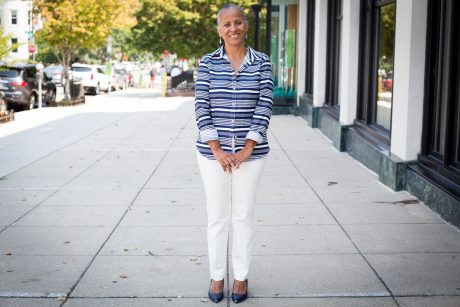
Irasema Salcido
Founder, Cesar Chavez Public Charter Schools for Public Policy Washington, D.C.
I started in a basement in Southwest, three floors down because that was the only space available. And for those of us that were opening schools, you didn't have a choice to wait until the contract can be negotiated 'cause you have to open school in September. And quickly I realized how difficult it was gonna be in the operations piece, because even when I was opening, though I had the space, I needed dividers because there was no walls. It was really hard to start at a basement, as you can imagine. I was thinking, "My goodness, how can parents trust me?" They're sending their kids here and we're in the nation's capital and here I am starting at a basement. But I think what kept me going is just realizing what makes the difference is the fact that we're gonna have high expectations for the students. The fact that I have amazing staff, dedicated staff, that we're gonna have tutoring, that we're gonna do whatever it takes to make sure our students succeed, that that's what matters at the end.

